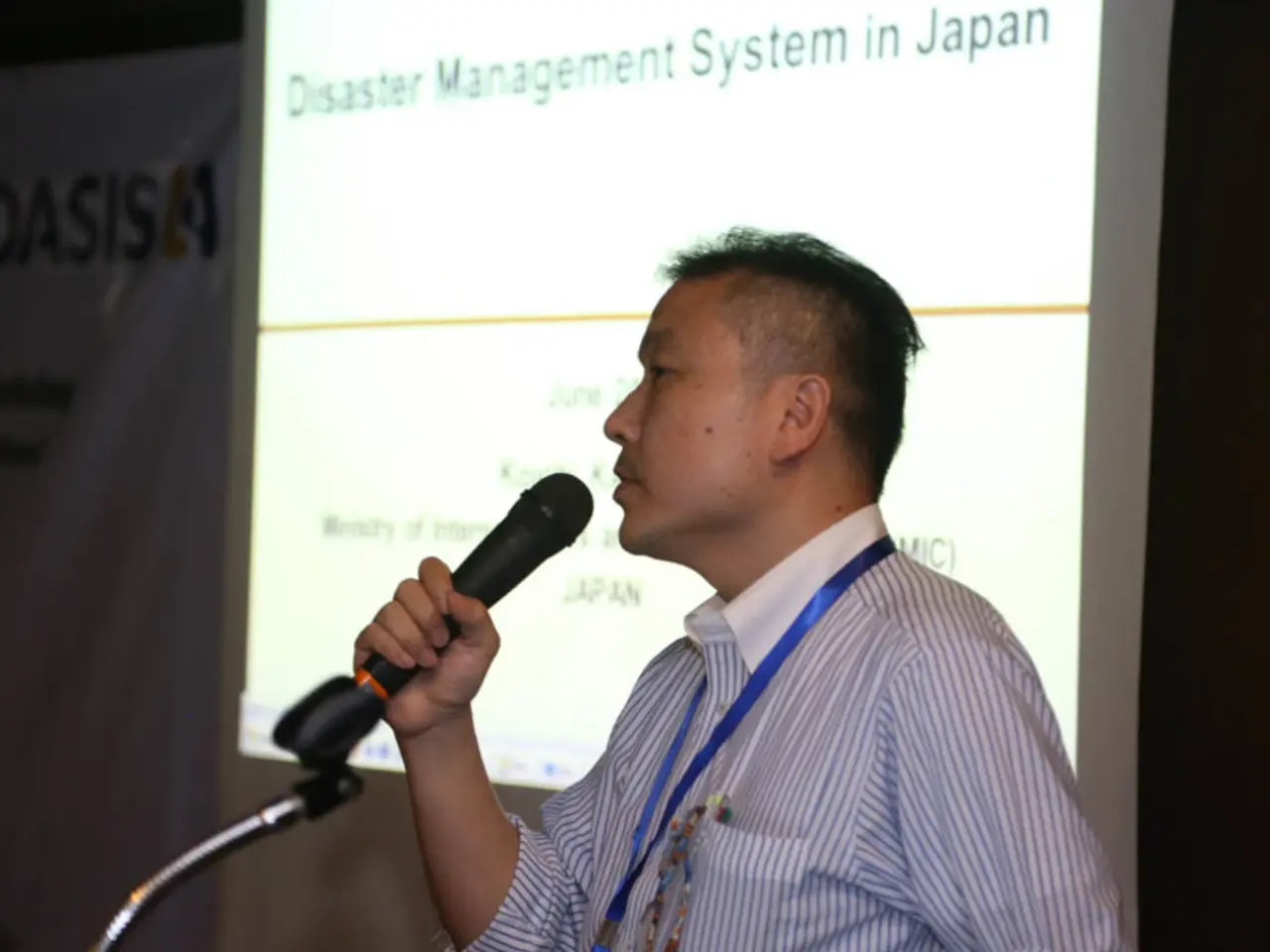Investigating Catastrophes with Forensics: Revealing the Facts Behind Large-Scale Calamities
Forensic Science in Mass Disasters: A Systematic Approach
In the face of mass disasters, forensic science plays a crucial role in identifying victims and aiding legal investigations. The use of digital tools, mobile crime labs, and innovative evidence collection methods has transformed the field, enhancing accuracy and efficiency.
One of the key international protocols guiding this work is INTERPOL's Disaster Victim Identification (DVI) Guide. This globally accepted standard outlines a systematic, scientific approach to victim identification, relying on fingerprint analysis, dental records, DNA sampling, and other forensic methods rather than visual identification.
Key features of these protocols include command and coordination, international collaboration, victim care and family support, quality assurance, identification methods, training, and updates. INTERPOL supports countries through Command and Coordination Centres and Incident Response Teams, while coordination with organizations like the International Committee of the Red Cross, International Commission on Missing Persons, and International Organization for Migration is integral for information sharing and victim assistance.
The protocols encompass not only forensic activities but also care for victims’ families and communication of information sensitively and accurately. Forensic evidence collection and analysis follow strict quality assurance and international standards to ensure legal admissibility and scientific reliability. Scientific validation involves fingerprinting, dental analysis, and DNA testing, supported by standardized forms and dedicated software tools for data management.
Training programs are evolving to include simulation-based learning and real-time strategy development to prepare professionals for mass disasters. Additionally, forensic laboratories participating in mass disaster victim identification are expected to adhere to internationally recognized accreditations and secure protocols, including maintaining an unbroken chain of custody for biological samples, validating scientific methods, and ensuring data security.
National regulations within a country also govern forensic science practices, outlining protocols for evidence collection, storage, and analysis during a mass disaster. These regulations may stipulate qualifications and certifications necessary for forensic experts, including mandatory training programs.
Victim advocacy groups provide critical support to families affected by mass disasters, working closely with forensic experts to facilitate communication and ensure the needs of victims' families are prioritized. Forensic experts ensure that the investigation adheres to legal and ethical standards, providing clarity and accountability in chaotic situations.
Forensic science contributes to victim advocacy by offering accurate identification and closure for families affected by mass disasters. Innovations in evidence collection, such as drones and biometric identification tools, improve the speed and accuracy of victim identification. Artificial intelligence and machine learning are likely to enhance data analysis and improve identification processes during critical situations in the future.
In conclusion, INTERPOL’s DVI Guide is the cornerstone international protocol for forensic science in mass disasters, supported by adherence to forensic best practices, chain of custody, accreditation, inter-agency coordination, and continuous training and updates. These protocols are critical for ensuring systematic, scientifically robust, legally defensible, and humane management of mass disaster victim identification.
- In the field of health and wellness, forensic science's role in mass disasters extends beyond identification of victims, as it also provides closure for families by accurately identifying victims, thanks to innovations like drones and biometric tools.
- Medical-conditions might arise during the process of mass disaster victim identification, making it crucial for forensic experts to adhere to legal and ethical standards while prioritizing victim care and family support as outlined in the INTERPOL's Disaster Victim Identification (DVI) Guide.




